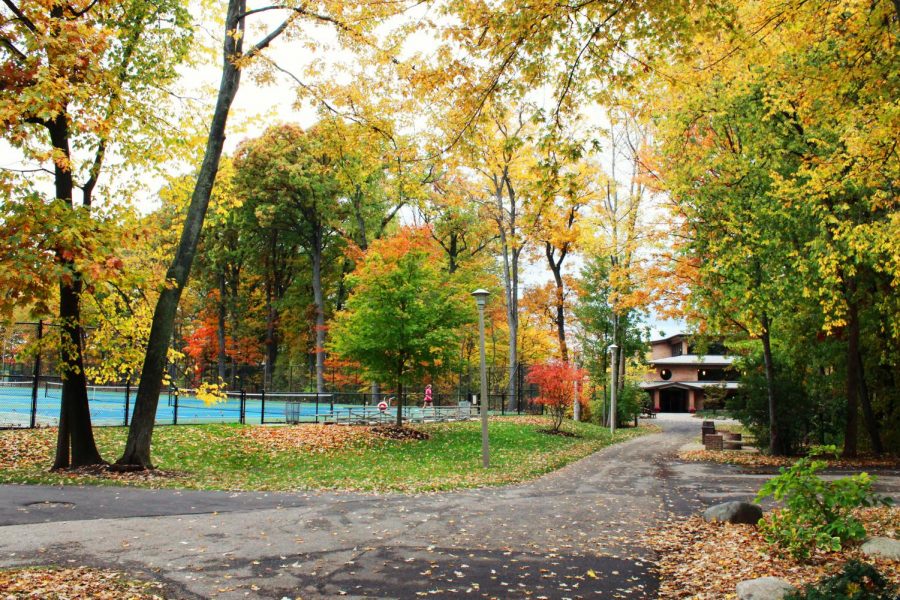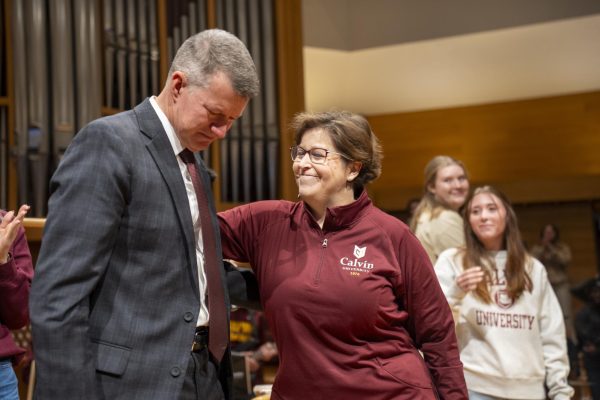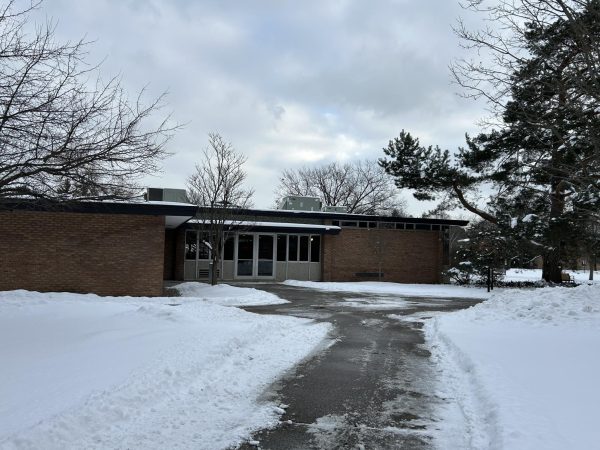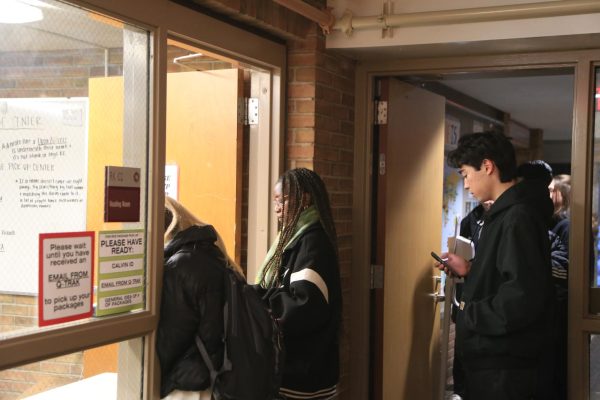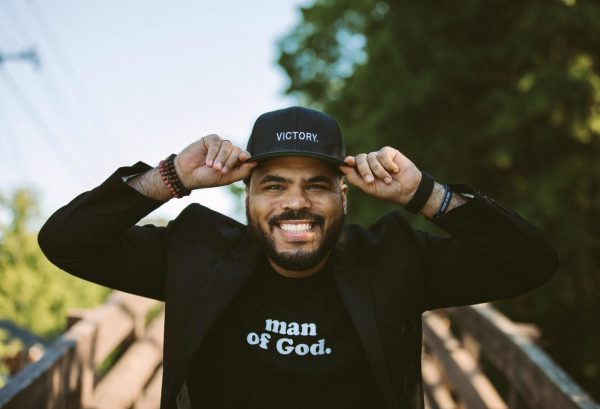Professors at panel discuss Christian responsibility to climate change
Professors from various departments and a staff member gathered on Tuesday evening to talk about the threat of climate change and how Christians should respond. The event was hosted by the student-run Science and Religion Forum (ScaRF).
The panel members were Dave Warners from the biology department, Herbert Fynewever from the chemistry department, Thomas Thompson from the religion department, Nicholas Cunigan from the history department and Gail Heffner from the provost’s office, who has a background in urban studies.
To begin the event, each professor gave a brief description of how their research interests connect to Christianity and climate change. Cunigan talked about his work in ice age studies, looking at how shifts in climates have historically affected populations.
“Christians are uniquely posed to address the problems caused by climate change — migration, violence, disease and many more — because of our calling to love our neighbors,” said Cunigan.
Criticizing the view that Christians will be saved from climate change by God for its “poor theology,” Thompson said, “[Historically, Christianity] didn’t exactly put a brake on the gathering ecological crisis. We can certainly do much better.”
Fynewever connected the scriptural command to “love thy neighbor” with how our current actions regarding the climate will affect future generations. “Future people are also our neighbors … what can we do now to be a good neighbor to those future people?”
The panel then went into a question and answer time. Responding to a question about what the church’s role in climate response is, Warners pointed out that becoming environmentally conscious is not only the right thing for churches to do but also a potential benefit.
“Environmental issues are important to young people and churches are worried about losing them,” said Warners.
As for what people can do to protect the planet, Cunigan stressed the importance of staying politically engaged.
“Hold your leaders accountable at the national and local levels,” said Cunigan.
One student in the audience described her experience growing up in a rural town where the majority of people didn’t believe in climate change. “I did a 180 degree turn on that position during my freshman year,” she said, adding with a laugh, “Thanks, Calvin.”



